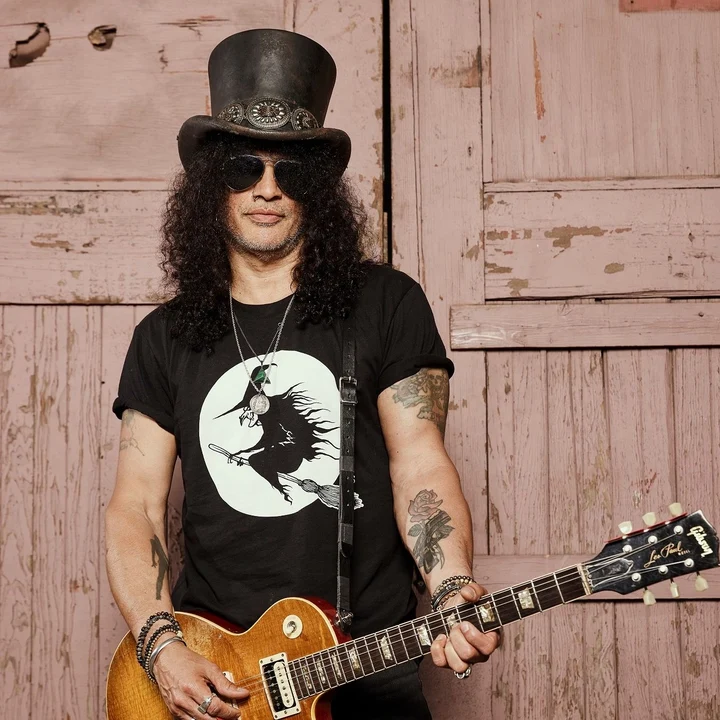By 1987, rock music had become bloated with over-the-top acts that prioritized style over substance. While many of these bands were hailed as the new titans of rock, their polished sound and flashy image left something to be desired. Then came Appetite for Destruction. Guns N’ Roses didn’t just bring rock back—they made it dangerous again. But according to Slash, they weren’t breaking new ground. They were just picking up where their heroes left off.
Listening to Appetite for Destruction, the influences are clear. Slash’s bluesy playing—heavily inspired by Mick Taylor and Joe Walsh—gave their music a classic feel, but it was the raw energy that truly set them apart. While many Sunset Strip bands leaned into glam, Guns N’ Roses exuded pure menace. Axl Rose’s snarl on tracks like It’s So Easy felt less like a performance and more like a threat, channeling the swagger of Mick Jagger and the sneer of Johnny Rotten.
However, there was one band that had already set this template long before Guns N’ Roses. Aerosmith, dubbed “The Bad Boys from Boston,” had faced similar accusations of being Rolling Stones rip-offs when they first emerged. But by the time Slash picked up a guitar, Joe Perry and Brad Whitford had already perfected the art of blending bluesy licks with a hard-hitting rock groove. Slash took that formula and ran with it, crafting solos that struck a perfect balance between technical skill and raw emotion.
Slash has never been shy about crediting Aerosmith for shaping his sound. “I don’t think this generation has a clue what classic Aerosmith was all about,” he once said. “But they were the template for what I do, as well as plenty of bands that came after Guns N’ Roses: Soundgarden, Nirvana, Alice in Chains, and Pearl Jam.”
While Guns N’ Roses and the Seattle grunge scene seemed worlds apart, the DNA of Aerosmith was woven into both. The Zeppelin-esque riffs of Kim Thayil, the tight grooves of Even Flow—it was all a continuation of what Aerosmith started. And while grunge eventually pushed Guns N’ Roses out of the spotlight, Aerosmith proved to be untouchable, reinventing themselves with massive ballads and enduring decades of change.
Even as their later albums strayed from their gritty roots, nothing could erase the impact of records like Toys in the Attic. For Slash, Aerosmith wasn’t just an influence—they were the blueprint for how to make rock and roll feel dangerous again.







